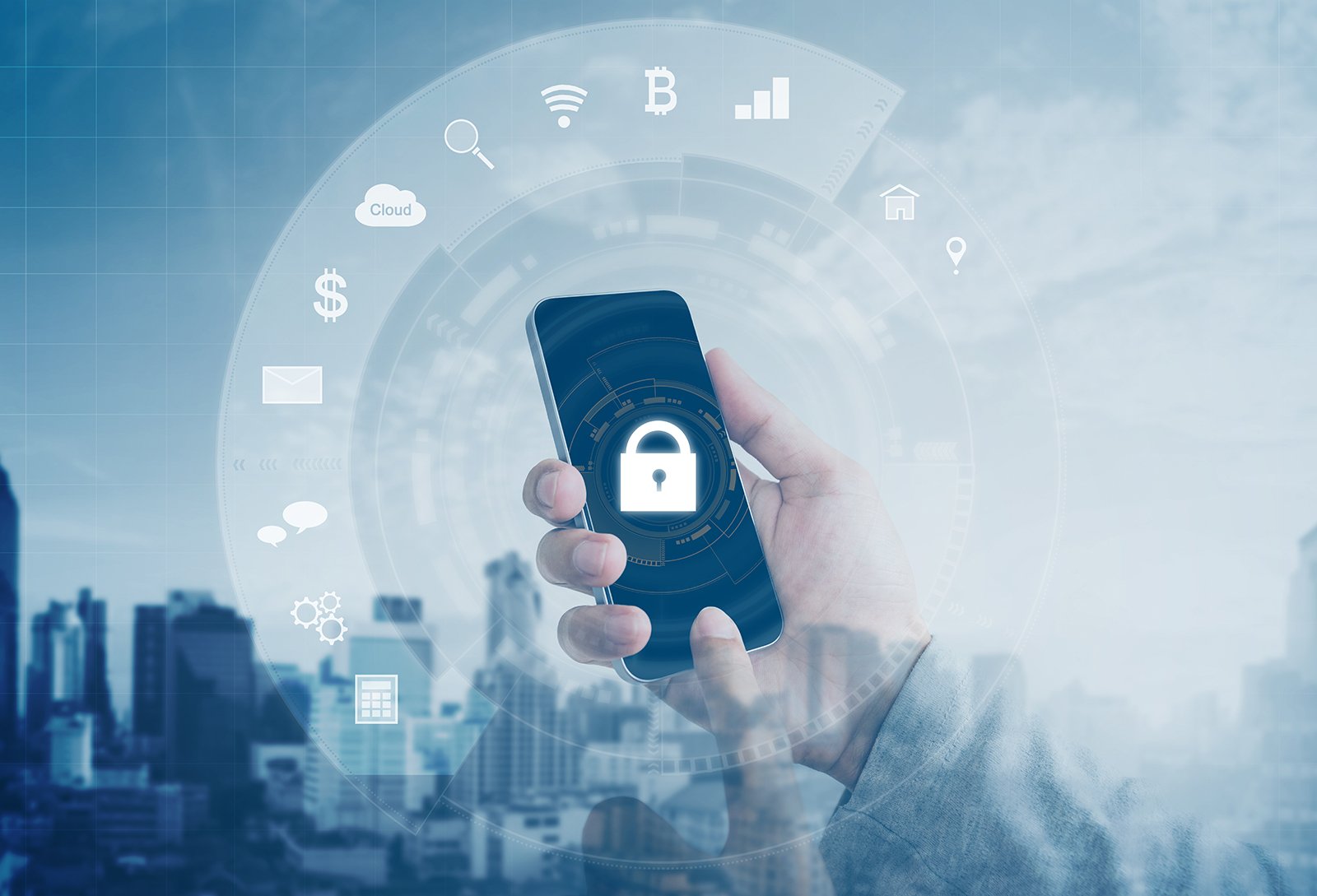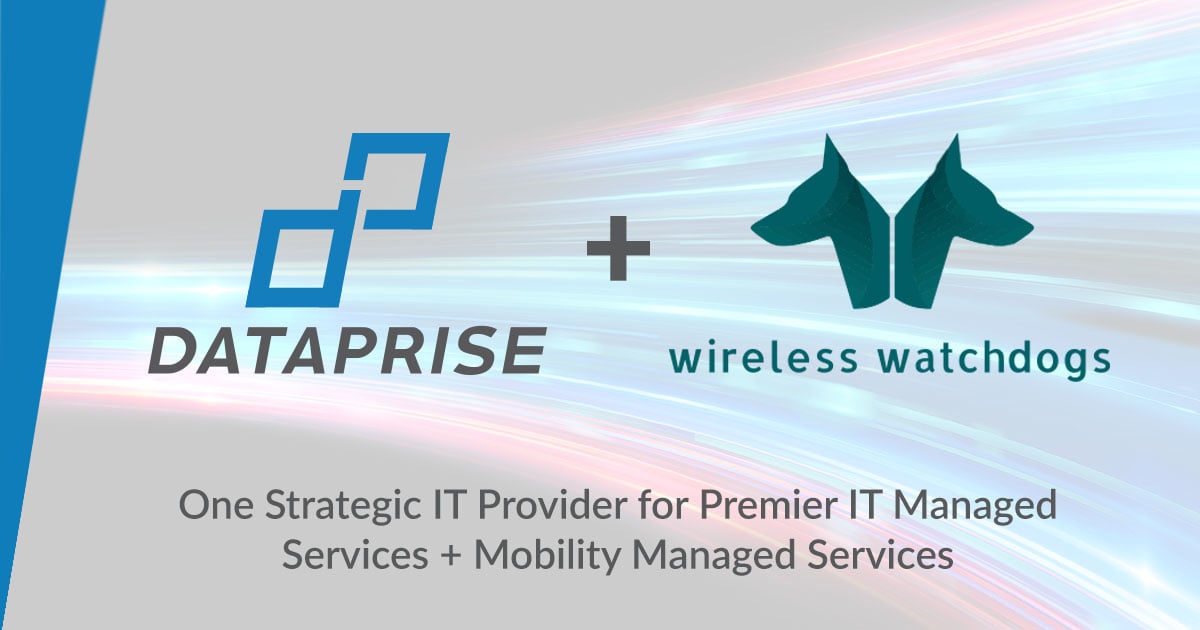Whether you're a business forced into a work-from-home paradigm by the coronavirus, or a sales engineer trying to help your clients manage that new way of working, the concepts and terminology involved might be somewhat new to you -- and perhaps more than a little confusing to understand, and even more so to implement successfully. With that in mind, here's a handy, high-level reference to help you make sense of it all.
1. Managed Mobility Services (MMS)
As it's used here, "mobility" refers to mobile devices, and not to things like scooters or wheelchairs. Thus, Managed Mobility Services -- MMS, for short -- refers to a suite of ongoing services that helps a business manage their entire mobile device lifecycle. It can start, for example, with helping a business to craft its mobile device policies in ways that will help them to be cost-effective and secure, and then move on to providing an efficient way to identify, order, and set up all the devices needed. MMS then typically provides ongoing monitoring of the devices to make sure that policies are followed. In Wireless Watchdogs' case, we're also proactively monitoring device usage versus rate plan capacities in order to optimize wireless bills on an ongoing basis -- saving our clients anywhere from $10 to $20 per month, per device -- while also providing the analytics to back it up and allow for informed management decisions. An outsourced mobile Help Desk is also a service that should at least be offered as an option as part of MMS, because once again it delivers bottom-line savings by taking work off of the I.T. department.
Because properly retiring a device at the end of its lifecycle is also important for security and efficiency, a full-featured MMS solution will also include services like wiping old devices to properly secure them, as well as finding a way to then either resell them for the client or to have them recycled in an environmentally responsible way.
2. Mobile Device Management (MDM) Software
Not to be confused with MMS, MDM most often refers to server / client software that's installed to help make sure that mobile devices are properly secured and properly utilized in accordance with company policies. Each mobile device has the client-side software installed on it, and that software in turn communicates with the server-side software. The server-side MDM software is the portal for whomever is tasked with managing it all, whether that's the IT department or a company like Wireless Watchdogs, and it's here that all of the actual monitoring and control of devices that MDM enables takes place.
There are a number of MDM options on the market right now, each with their own strengths and potential weak points. For more information, check out our Guide to Understanding your MDM Software Options.
3. Enterprise Mobility Management (EMM)
Although you may sometimes see EMM referred to as software, a smarter way to think of it is as Managed Mobility at scale. It's hard to get more exact than that, because as businesses get larger their mobility management needs also get larger and more complex -- and thus, what is required of EMM can vary widely from company to company. If you take a holistic, big-picture view, a safe way of thinking about enterprise mobility management is that it's kind of both MMS and MDM, as the business requires. If you think of it that way, you'll have a good handle on it -- because as we've already mentioned, there isn't much outside of the scope of a full-featured managed mobility service.
Why MMS, MDM, and EMM are Important
Managed mobility services and their counterparts have always been important tools for any company looking to save money and increase efficiency in its mobile device deployments. But with many companies suddenly thrust into work-from-home situations due to the coronavirus pandemic, these services are more important now than they've ever been. That's because they enable those work-from-home efforts to be successful while at the same time keeping I.T. departments from being overwhelmed by a deluge of new devices and responsibilities. Furthermore, whereas companies that are struggling to manage their own mobile worker efforts have found work-from-home to be a huge cost center, MMS that properly optimizes wireless bills and manages usage can actually be a cost-saver.
If your business is struggling with managing its own mobility, please get in touch with us to find out how we can rapidly help you get on track and keep focused on your core business while we keep your mobile device initiatives efficient and cost-effective. You can contact us in whatever way is most convenient for you, or you can request a demo of our platform right here:








